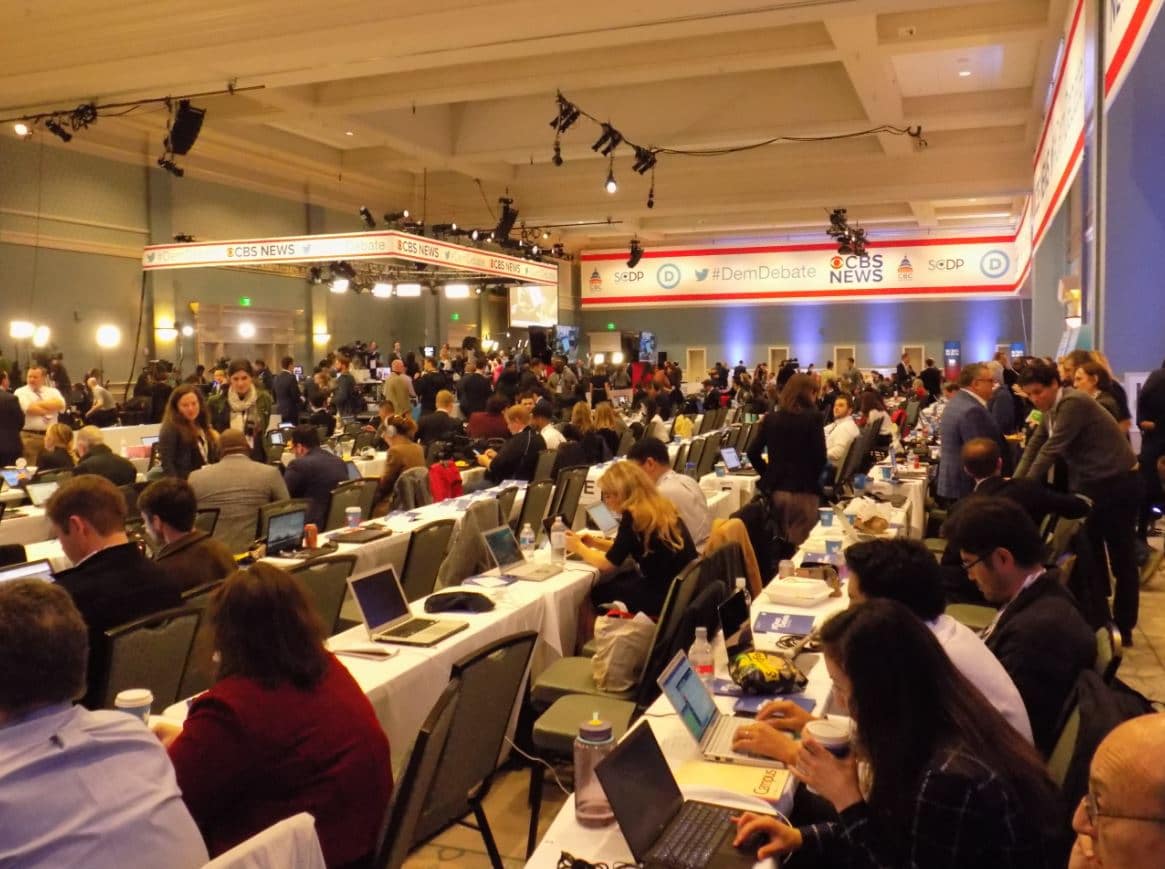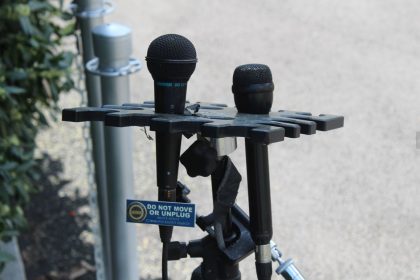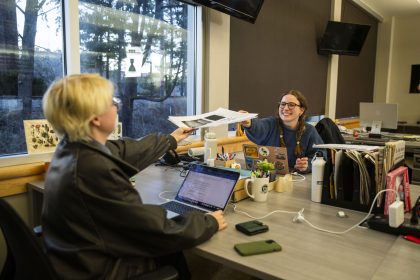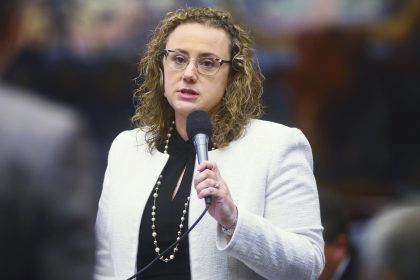Willingness to Pay for News and Other Media On the Rise, Study Finds

WASHINGTON – While less than 16% of consumers currently pay for news and another 44% pay for entertainment, a willingness to pay for content they really want to see is on the rise, according to new research from the World Economic Forum.
The resulting report, “Understanding Value in Media: Perspectives from Consumers and Industry”, finds that between 80% and 90% of consumers spend about 24 hours per week either reading, watching or listening to news and entertainment.
Almost 60% of consumers have registered for a media service (free or paid) and have on average seven media services covering video, sport, gaming, music, podcasts, news and blogs.
The study also highlights three strategic shifts in media – new payment architectures, the rise of podcasts and changing advertising environments.
“The current coronavirus challenge only emphasizes the indispensable role that media play in society today,” said Kirstine Stewart, head of Shaping the Future of Media, Entertainment and Culture at the World Economic Forum
“With the value of content growing, the industry needs financial models that enable them to fulfill their social functions while still supporting widespread access to critical content,” she said. “This can’t happen in isolation: it requires dialogue, including with regulators, to find solutions that balance innovation, consumer welfare and corporate responsibility of every stakeholder in the media industry.”
Interestingly, though the report refers to the coronavirus outbreak as the “disruptor of the century,” it finds that the impact of the crisis has been mixed.
On the one hand, the cancellation of flagship global events, such as the Tokyo Olympics, will disrupt programming, advertising, sponsorship deals and promotional events.
To illustrate, the report points to a relatively small example from 1980, when the United States boycotted the Moscow Olympics – broadcaster NBC lost $34 million despite having insurance.
On a more positive note, the report says, the increase in consumption due to self-isolation and quarantine has boosted demand for media.
After China implemented nationwide isolation measures, average weekly downloads of apps during the first two weeks of February jumped by 40% compared with the average for the whole of 2019, the report said, citing the Financial Times.
In the same month, weekly game downloads on Apple devices had increased by 80% compared to 2019.
The research is based on a survey, conducted for the Forum by Nielsen between early October and late November 2019, which asked more than 9,100 people in China, Germany, India, South Korea, the United Kingdom and the United States about their media consumption and payment habits and preferences.
In addition, between May 2019 and January 2020 the World Economic Forum consulted around 100 executives from advertising, entertainment, news and other parts of the media industry about business strategies to attract and retain consumers – along with the implications these could have for society.
The consolidated findings show that, although the proportion of people paying for content may be small today, future willingness to pay is rising.
Globally, those willing to pay in the future is 53% for news and 70% for entertainment.
The findings also show that across countries young people (16-34) are more likely to pay for content.
An average of 61% currently pay for entertainment and 17% for news, figures that are in both cases above the global averages in the general population.
Looking at socioeconomic status, however, shows a greater presence of paid news subscriptions among higher income or higher status individuals. This suggests that concerns of emerging “information inequalities”, where wealthier consumers have access to more or higher quality information, are very real.
With this in mind, the Forum’s research considers the important question of who should be responsible for funding the production of content. On average, most consumers (55%) are aware that advertising can subsidize content creation. Yet almost half of respondents skip adverts whenever possible and almost three in four make efforts to reduce their exposure to it.
Although advertisers, consumers and governments each have a role to play in financing content, the survey results suggest that consumers expect governments to take a bigger role in supporting access to news than entertainment: 35% versus 18% respectively.
As these trends play out in an increasingly dynamic media environment, media companies are pursuing strategies to attract and retain paying consumers.
The paper discusses the implications of moves into media by so-called “supercompetitors” in the digital economy. These companies use content to drive value to other parts of their businesses and in doing so create opportunities and challenges for the industry.
The Forum argues for further study of the impact of these actions on the media landscape and the wider economy and calls for an examination of how regulation could be used to balance innovation, consumer welfare and corporate responsibility more effectively.























